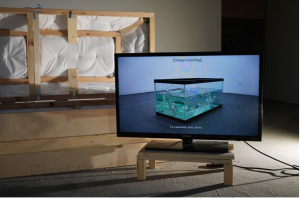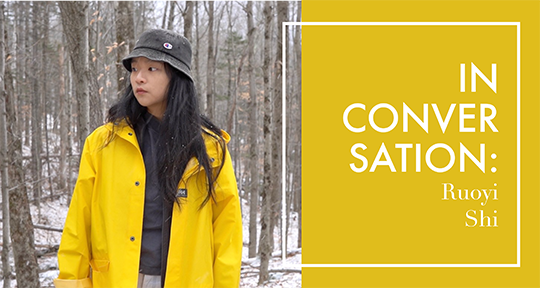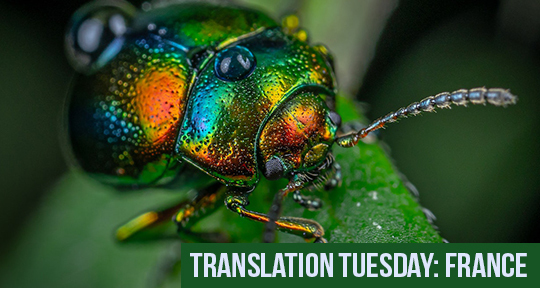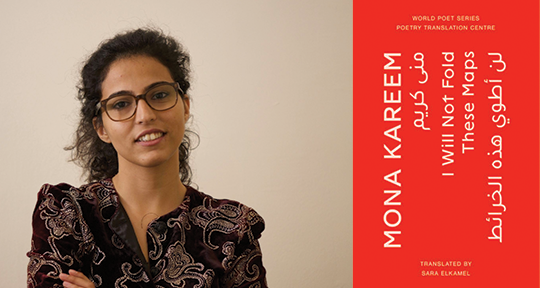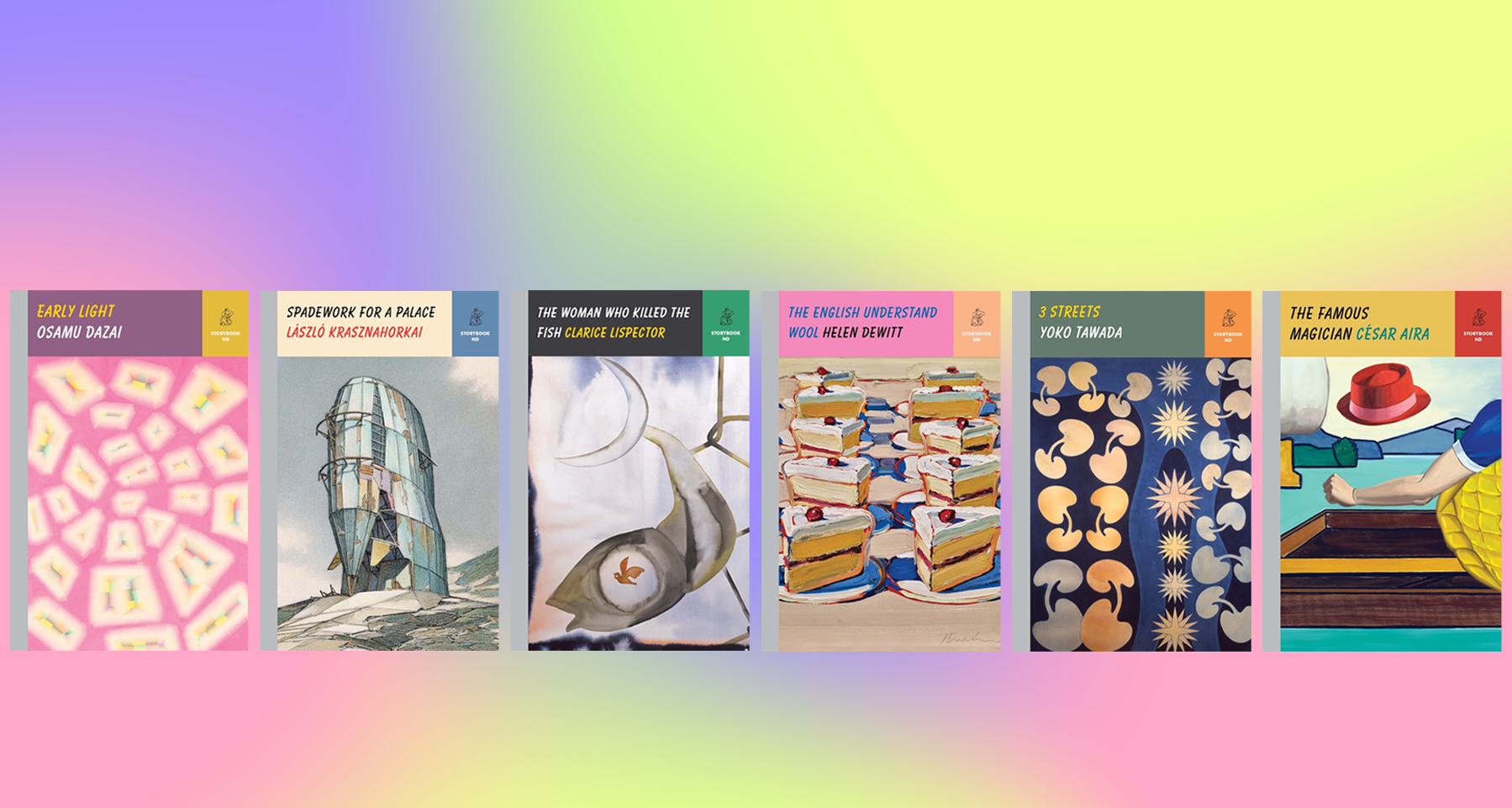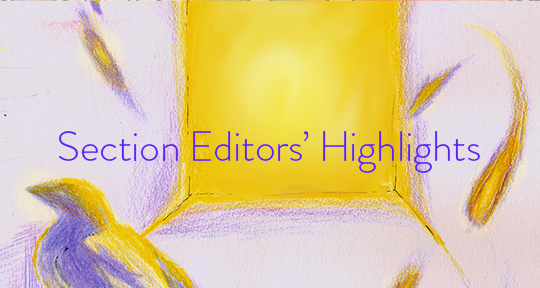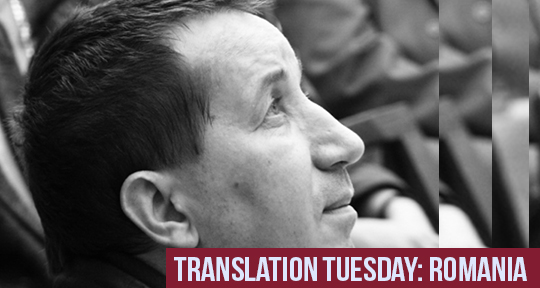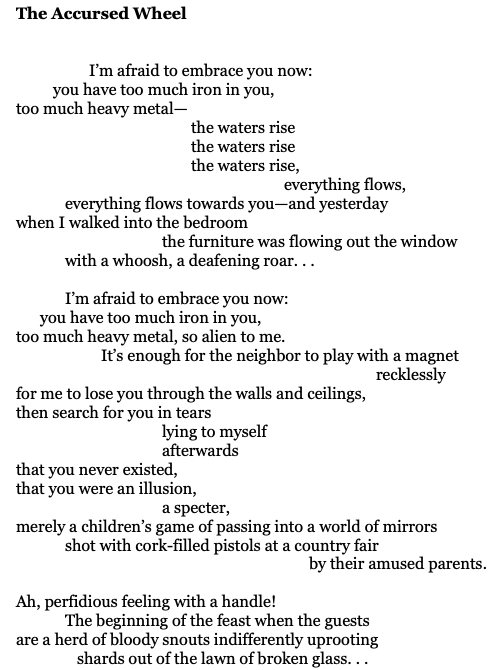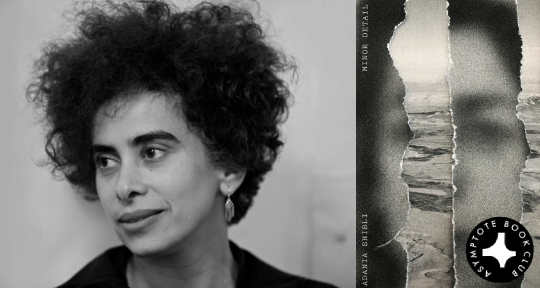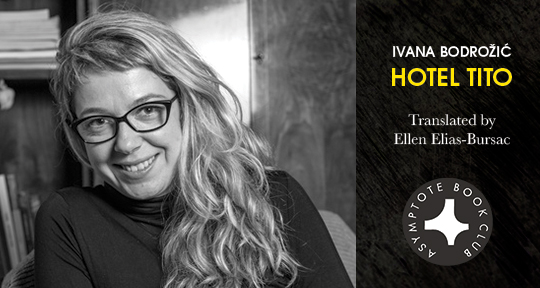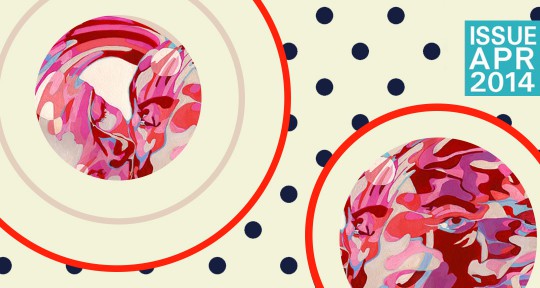From a glass casket for sculptures, to a piece of a burial figurine cast into edible gummy bears, and gelatin-based fish placed on silver platters, Ruoyi Shi’s whimsical oeuvre spans the realms of the organic and the inorganic, the imaginary and the real to interrogate the nature of truth, storytelling, and language. An interdisciplinary artist working across the domains of sculpture, video art, and writing, inspired by the oral histories and mythologies she grew up with, Ruoyi invents a singular kind of artistic practice that transforms not only personal memory but also collective history. “I am interested in how people are encouraged to appropriate any image they encounter, and how our vocabulary was chosen and formed in today’s society. I consider my work as fragments I collected for creating an alternative reality,” she says in a talk with Shoutout LA. In the following interview, I spoke with Ruoyi about the role that humor plays in her projects, reinventing historical objects, and the everyday precarity of living with language and mass media.
Junyi Zhou (JZ): I’d like to begin with your work Tomorrow’s Comforts are Here Today, in which you built a casket for your glass skeleton sculpture, as if it were a living entity. “I always call my art creations creature,” you wrote in your artist statement for this piece. It seems that the relationship between the organic and inorganic, or the dissolving boundaries between the two, are central to your body of work. Could you speak more about this?
Ruoyi Shi (RS): Exploring the boundaries between nature and artificial existence, as well as the notion of truth and its fabrication, has been a central theme of my practice. I see my art-making as a process of building an alternative reality—one that can be fragmented, chaotic, and full of coincidences. This reality of mine lies in the area where the organic and the inorganic slowly merge into one another. My goal is to mimic nature and capture the moments when nature exposes its unnatural side.
Many decisions I had to make in my art were neither preplanned nor expected. My immediate environment, materials, and time worked together to provide me with options, and my choices were directed by instinct rather than logic. It’s a form of collective creation. In this era we live in, the term “organic” has been deliberately shaped into a manmade concept. By placing our collective creations on a more equal footing, I aim to express greater honesty and respect for the elements beyond my control.
